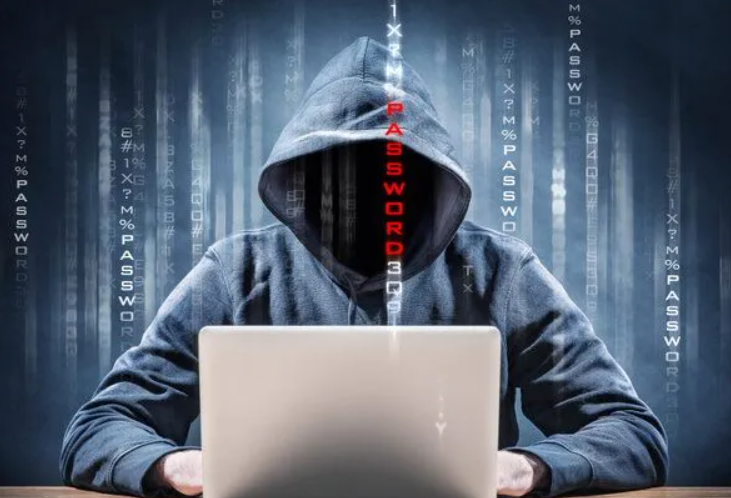In an era dominated by technology, the battlefield has shifted from traditional battlegrounds to the digital realm. With the increasing reliance on digital infrastructure, the threat landscape for cyberattacks has evolved exponentially. Hackers, once considered as malicious agents causing chaos and financial loss, are now being harnessed as the good guys in the world of cybersecurity. Enter the Certified Ethical Hacker (CEH) - the digital vigilantes who fight fire with fire. In this article, we will explore the realm of the Certified Ethical Hacker, their role, significance, and the path to becoming one.
Understanding the Ethical Hacker
The concept of ethical hacking might seem paradoxical at first. How can hacking, traditionally associated with cybercrime, be ethical? To demystify this, it is important to recognize that ethical hackers are security professionals who adopt the hacker's mindset, tools, and techniques to protect organizations from cyber threats. They perform authorized and controlled penetration testing, vulnerability assessments, and security audits to uncover weaknesses in systems, networks, and applications. By proactively identifying and mitigating these vulnerabilities, ethical hackers help organizations safeguard their digital assets.
The Role of a Certified Ethical Hacker
The role of a Certified Ethical Hacker is multifaceted and crucial in today's interconnected world. Here are some key responsibilities:
- Vulnerability Assessment: CEH professionals actively scan networks, applications, and systems to discover security weaknesses. They use a wide range of tools to identify potential entry points for cybercriminals.
- Penetration Testing: Once vulnerabilities are identified, ethical hackers simulate cyberattacks to assess the extent to which an attacker can exploit these weaknesses. This helps organizations understand their security posture and potential risks.
- System Hardening: CEH professionals advise organizations on how to strengthen their security measures by recommending patches, configuration changes, and best practices.
- Security Awareness: Ethical hackers often conduct security awareness training for employees to educate them about safe online practices, the importance of strong passwords, and how to recognize phishing attempts.
- Incident Response: When a security breach occurs, ethical hackers play a pivotal role in incident response. They help identify the breach's scope, contain the incident, and support forensic investigations.
Significance of CEH Certification
The Certified Ethical Hacker certification, offered by the EC-Council, is highly regarded in the field of cybersecurity. Obtaining this certification demonstrates a professional's proficiency in ethical hacking techniques and tools. Here are some reasons why CEH certification is significant:
- Industry Recognition: CEH is globally recognized and respected, making certified professionals valuable assets to organizations looking to bolster their cybersecurity defenses.
- Skill Enhancement: CEH training equips individuals with the latest hacking techniques, tools, and knowledge, enabling them to stay ahead of cyber threats.
- Career Opportunities: CEH certification opens doors to a variety of job roles, including ethical hacker, penetration tester, security consultant, and more, with competitive salaries.
- Staying Legal: Certified Ethical Hackers operate within a legal and ethical framework, ensuring that their activities are authorized and non-malicious.
- Contributing to Cyber Resilience: Ethical hackers play a vital role in fortifying an organization's cyber resilience, helping it adapt and respond effectively to evolving threats.
Becoming a Certified Ethical Hacker
The journey to becoming a Certified Ethical Hacker involves several steps:
- Education: Start by obtaining a solid foundation in computer science, networking, and cybersecurity. A bachelor's degree in a related field is often beneficial.
- Gain Experience: Acquire practical experience in information security, network administration, or a related role. Entry-level positions, like network administrator or security analyst, can be a good starting point.
- Training: Enroll in a Certified Ethical Hacker training program, which covers various aspects of ethical hacking, including network security, penetration testing, and vulnerability assessment.
- Hands-On Practice: Ethical hacking is a hands-on field. Practice your skills on virtual labs, engage in capture the flag (CTF) competitions, and work on real-world projects.
- Certification Exam: Prepare for and pass the CEH certification exam, which consists of multiple-choice questions and a practical exam to test your skills.
Conclusion
Certified Ethical Hackers are the unsung heroes of the digital world, defending organizations against an ever-evolving landscape of cyber threats. Their skills and knowledge are essential for maintaining the security and privacy of data and systems. As technology continues to advance, the demand for ethical hackers will only grow. By pursuing a CEH certification and adopting an ethical hacker's mindset, individuals can embark on a fulfilling and vital career in the world of cybersecurity. As digital vigilantes, they play a pivotal role in safeguarding the digital realm from malicious actors.
For more details, visit us :





Comments